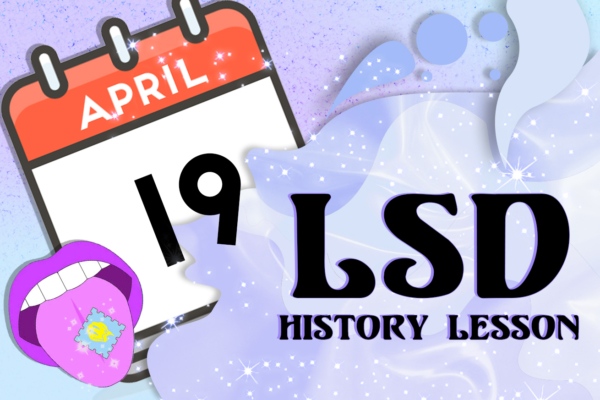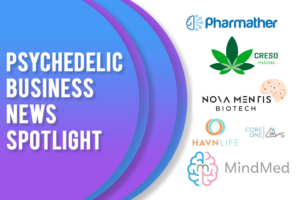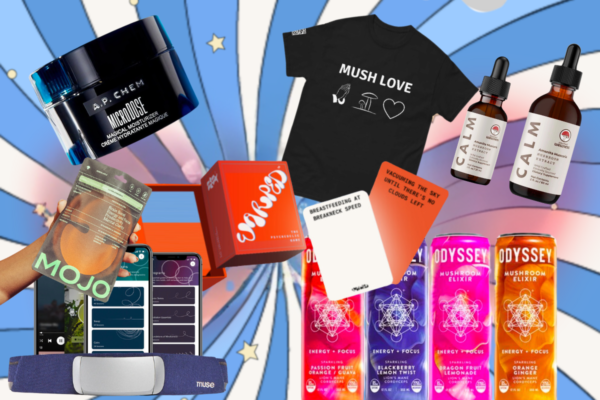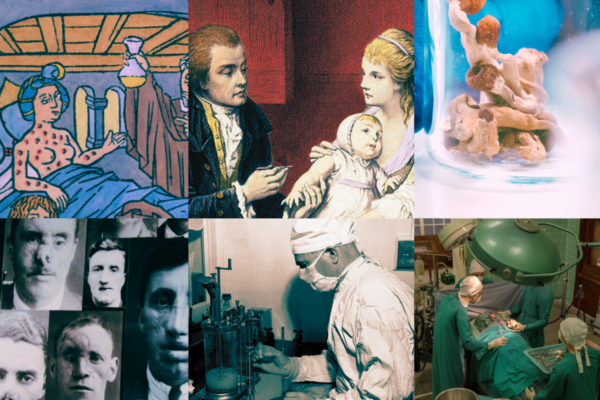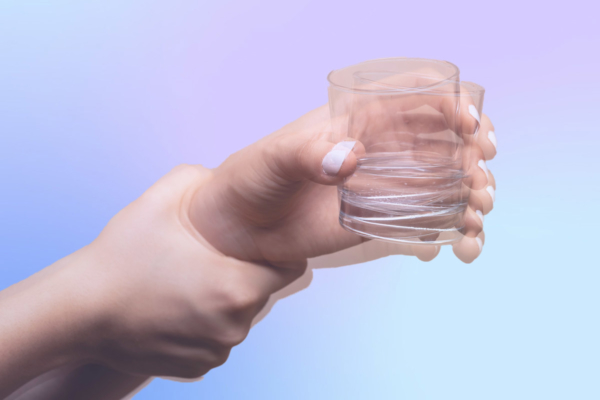
Ibogaine, the hallucinogenic chemical derived from the bark of the West African rainforest shrub, the Tabernathe iboga, has been used for centuries in some cultures for medicinal, ritual, and ceremonial purposes. Ibogaine is also proving itself to be a life-saving treatment for those addicted to heroin and opioids. Yet it remains illegal and unavailable in the United States. Those seeking Ibogaine treatment must travel outside the country to treatment centers. But is it safe? Here’s everything you need to know.
Does ibogaine treatment work?
At small doses, ibogaine works as a mild stimulant. In larger doses, it has hallucinogenic properties. Some studies have found that larger doses can also greatly reduce or even eliminate symptoms of heroin or opioid withdrawal and even quell substance-related cravings for months after treatment.
Some people say that the psychedelic state they enter during treatment provides them with self-reflection to better understand why they used opioids and became addicted in the first place. As such, ibogaine can help addicts through their recovery process. According to one study, the greatest success rates in recovery among individuals who tried ibogaine therapy were in those who also underwent psychotherapy.
Jeffrey D. Kamlet, M.D. offers this first-hand account in the Spring 2020 issue of the MAPS Bulletin: “I remember the first few patients who received treatment on Saint Kitts, British West Indies. What I witnessed was nothing short of a miracle. I saw patients with massive opioid dependencies who had failed many cycles of the best treatments available in the U.S. feel well within 24 hours post-ibogaine flood dosing. They were in the same physical and mental state, 24 hours post ibogaine treatment, that would take a patient 90 days of suffering to achieve in the U.S. model of pharmaceutical substitution detoxification followed by aftercare treatment.”
“Aside from rapid amelioration of withdrawal symptoms, cessation of cravings, and diminution of withdrawal severity, patients have relate gaining valuable insight into their behavior equivalent of years of perfect psychotherapy done in one day,” he wrote.
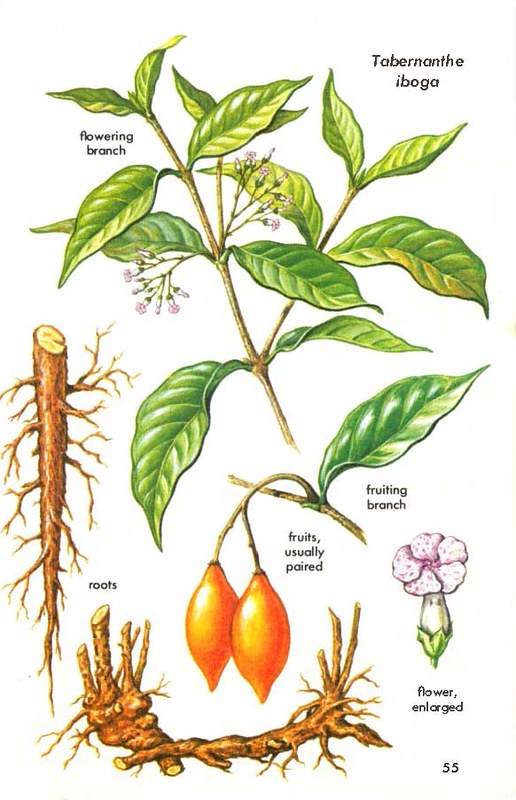
What are the effects of ibogaine?
An ibogaine experience is broken down into stages:
1. About an hour after the treatment is ingested, you may feel some physical discomfort. The body begins to feel heavy, movements become uncoordinated, and you may become dizzy, nauseated, and vomit.
2. Within an hour after taking the medicine, the body begins to adapt to the effects. This is when people report feeling relief from up to 95% of their opioid withdrawal symptoms.
3. Next, you enter a psychedelic state and experience vivid hallucinations. You may recall past memories and relationships, and feel a sense of unity and interconnectedness. It is during this self-reflection that emotional healing often begins.
4. As the medicine gradually wears off, you may feel mentally, physically and emotionally exhausted from the detoxification. You will need to rest, though you may be unable to actually fall asleep for some time.
5. The final stage occurs after the ibogaine experience has ended but the medicine remains in the body for several weeks or months. This time of reduced or eliminated cravings provides what ibogaine therapists call a “window of opportunity” where you can work on your mindset so that your recovery lasts.
What are the ibogaine risks?
Ibogaine is considered to be generally safe, however it is associated with physical effects which can be serious or life-threatening. These include:
- Irregular heartbeat
- Low blood pressure
- Seizures
- Paralysis
- Difficulty breathing
- Heart attack
- Death
It is important to note that a number of the deaths associated with ibogaine occurred outside of medically supervised environments, according to MAPS (Multidisciplinary Association for Psychedelic Studies). Because of the potential health risks, ibogaine should not be administered without medical supervision.
Reputable treatment centers take steps to ensure patient safety, such as:
- Conducting medical screenings prior to treatment
- Monitoring electrolytes and heart rhythms during treatment
- Have the ability to transport patients to a medical facility in the event of an emergency
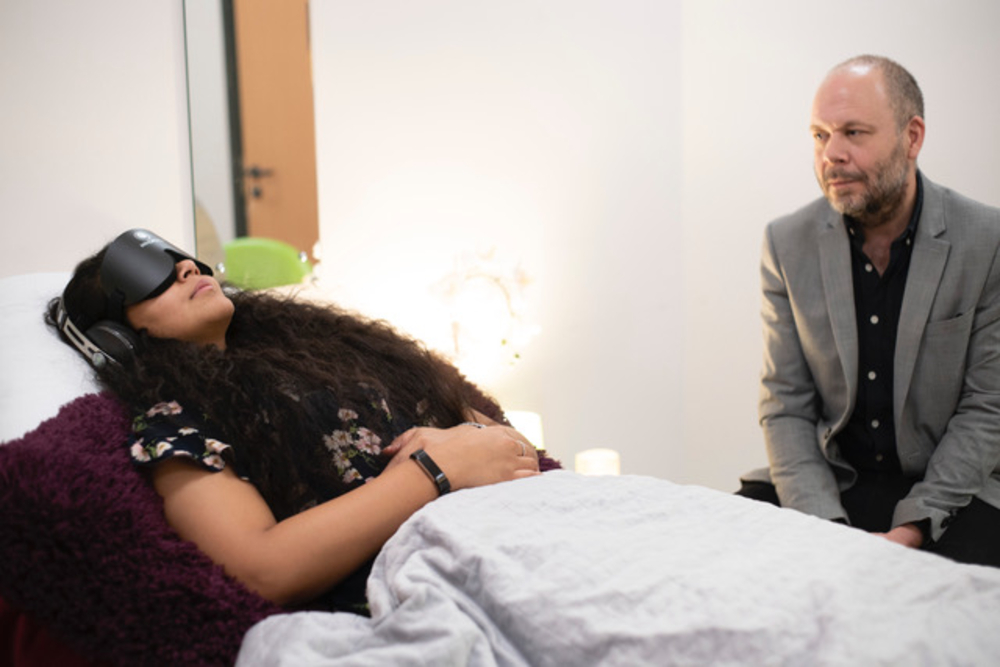
Ensuring a safe and effective ibogaine experience
Ibogaine remains a Schedule I drug in the United States, meaning it has no currently accepted medical use and is believed to have a high potential for abuse. But several countries do allow ibogaine therapy including Canada, South Africa, the Netherlands, Mexico, Norway, and the U.K.
Treatment facilities range in price, with some offering luxury accommodations. While comfort is important, it is critical that the facility have trained professionals to administer the treatment who are prepared for medical emergencies should they arise.
“Proper ibogaine treatment includes not only diligent pretreatment consisting of medical/psychosocial history and examination but also comprehensive labs, cardiovascular assessment, and pre-ibogaine therapy,” Dr. Kamlet said.
But to ensure lasting recovery from heroin and opioid addiction, he stressed, “The importance of having a firm aftercare plan with trained therapists to achieve sustainable recovery is of critical importance.”
